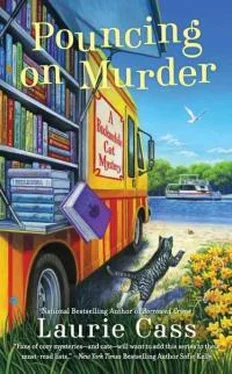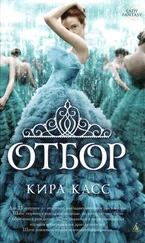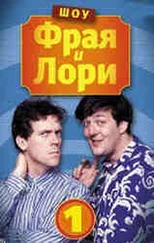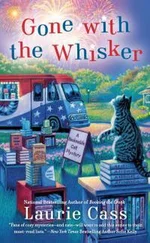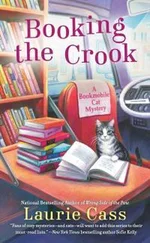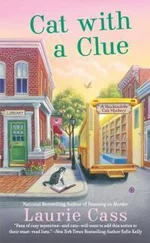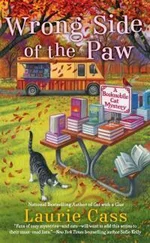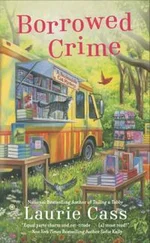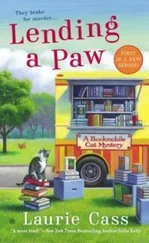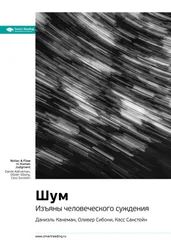I looked up. “Detective Inwood.” I started to make a bad joke about cops and doughnuts, but stopped—Mom would have been so proud—and said, “How are you this fine morning?”
He held up an empty travel mug. “Looking for my first fill-up of the day.” He glanced at the work Tom was doing. “I suppose I could make a bad joke about librarians and doughnuts, but I think I’ll let it go.”
I was simpatico with a man who was at least twice my age and probably hadn’t read a work of fiction since high school. The idea was a little frightening. “So, I’ve been thinking,” I said. “About what could possibly connect Adam and Henry Gill.”
“And?” Detective Inwood walked around the end of the glass cabinets and filled his mug from the half-full pot on the back counter. Clearly the man knew his way around the bakery. “Any conclusions?”
“Nope.”
He added two spoonfuls of sugar to his mug, screwed the top on, and walked back around. “Wolverson got the same results. I’m sure he’ll be pleased that he wasn’t bested by an amateur.”
I’d never thought of it that way, but perhaps I should have. So I considered it for a moment. Then I stopped worrying. After all, if I found something they didn’t that led to the jailing of a killer, how was that a problem?
I also briefly considered telling the detective about the connection theories that I’d kicked around. Very briefly. The briefest of briefs. Inwood did not need to know that I’d tried to research the notion that Adam was Henry’s illegitimate son and that Henry’s legitimate children were out for revenge because Adam was trying to steal their inheritance. Melodrama was all well and good in its place, but it didn’t fit comfortably inside the borders of Tonedagana County.
Inwood put the mug on the counter next to the cash register and pulled out his wallet.
“Do you think,” I asked, “it’s at all likely that Seth Wartella tried to kill Adam?” And, I didn’t add, might have killed Henry by mistake?
The detective looked at me with a completely blank expression.
“Seth,” I said a little louder. “Wartella. The guy Adam put in jail for tax fraud.”
Inwood nodded as he pulled out a bill and put it next to the cash register. My respect for him went up a notch, because Tom willingly gave free coffee to police officers. “It’s extremely unusual for white-collar criminals to commit violent crimes. Not unheard of, but certainly on the far end of unusual.”
I wasn’t surprised. “The only thing Henry and Adam seem to have had in common, other than being friends, was they both regularly had breakfast at the Round Table.” Tom held up the box of doughnuts for me to approve and I nodded absently. “Maybe,” I said, “maybe the restaurant itself was a contact point. Maybe one morning they ate together and heard somebody say something.”
Inwood gave me a pained look and picked up his mug of coffee. “All avenues of investigation—”
“Will be explored,” I said, finishing his sentence for him.
He nodded once, said good-bye to Tom, and headed out into the crisp spring air.
“Anything else?” Tom asked, sliding the flat white box onto the counter with one hand and ringing up my total with the other.
I blinked away from my own exploration avenues. “All set, thanks.”
Then I noticed the money that the detective had left on the counter for his ninety-five-cent cup of coffee.
A ten-dollar bill.
I pushed it over to Tom. “The detective left this for his coffee. I can run after him with his change, if you want.”
Tom smiled and put the bill in the register’s drawer. “That’s what he always leaves. I gave up trying to return his money years ago.”
• • •
“A fine celebration this is,” Russell McCade said, startling me out of my reverie.
“Yes,” said Barb McCade, his wife of many years and the mother of their children, who were grown. “I was thinking the same thing a mere moment ago.”
“Are we doing M words?” he asked. “Let’s start with Miss Minnie.”
“Sorry,” I said, laughing. I’d met the McCades last summer when Barb ran in front of the bookmobile, waving me down because her husband was having a stroke. We’d bundled her husband into the bookmobile and raced him to the hospital, and it wasn’t until I was relaying patient information to the emergency room via my cell phone that I realized my male passenger was none other than painter Russell McCade, more commonly known as Cade to his thousands upon thousands of fans.
His critics dismissed his work as sentimental schlock; his fans defended it as accessible art. I’d loved his stuff since I was a kid, but had never dreamed I’d actually meet the famous man, let alone get to be his friend via the hospital trip and a murder investigation and the letter D .
For reasons now lost to the mists of time, the McCades had a habit of randomly choosing a letter and then finding words starting with that letter to fit into the ongoing conversation. This had happened the first time I’d visited Cade in the hospital, and when I’d joined in the game, our acquaintanceship moved into solid friendship.
The McCades, in their late fifties, owned a home on a small lake not too far from Chilson, but spent the winters in a place with plentiful sunshine and no snow. They’d returned to Michigan a few days ago, and the Mitchell Street Pub in Petoskey was their restaurant choice for a return celebration.
Now Barb looked at me keenly. “You seem distracted, my dear.”
Cade clicked his tongue. “Not an M word in the bunch. You’re going to get behind.”
She ignored him. “Is it Tucker? I know you told me you were working things out, but long-distance relationships are difficult at the best of times.”
“We’re fine,” I said, trying not to think how long it was going to be before we saw each other. “It’s just . . . well, there’s this friend of mine who’s in a little trouble and . . .” The McCades looked at each other, exchanging one of those glances that long-married couples can use as communication. “What?” I asked.
Cade cracked open a peanut shell and popped the nut into his mouth. “We were wondering how long it would be before you involved yourself in another one.”
“Another what?” I asked. But before either one of them could say anything, I spotted Irene Deering. “Sorry, I see someone I have to talk to. I’ll be right back, okay?” I scooted the bentwood chair back and got up before they could exchange another communicative glance.
“Hey, Minnie.” Irene smiled at me from behind the long wooden bar. She was pulling back on a tap and filling a tall glass with beer. “I saw you over there a minute ago. Are those your parents?”
As if. My parents left Dearborn only on holidays, and not even many of those. And since I was growing less and less inclined to leave the calm of northern Michigan for the noise and bustle of the Detroit area, our face-to-face visits were growing few and far between. There were regular phone calls, but I hadn’t seen them since Christmas and wasn’t sure when I was going to see them again.
“Friends of mine,” I said to Irene. Most people knew that an internationally famous artist lived in the area, but I wasn’t about to broadcast his present location. “I wanted to tell you that I ran into Detective Inwood this morning.”
Irene looked up, her face suddenly taut and still. “Any news?”
Sort of, but not really. “He said it would be very unusual for someone like Seth Wartella, a white-collar criminal, to start doing violent crimes.” I nodded at the glass in her hand. “You’re about to overflow there.”
Shaking her head at herself, Irene released the tap. “So, is that good news or bad?”
Читать дальше
